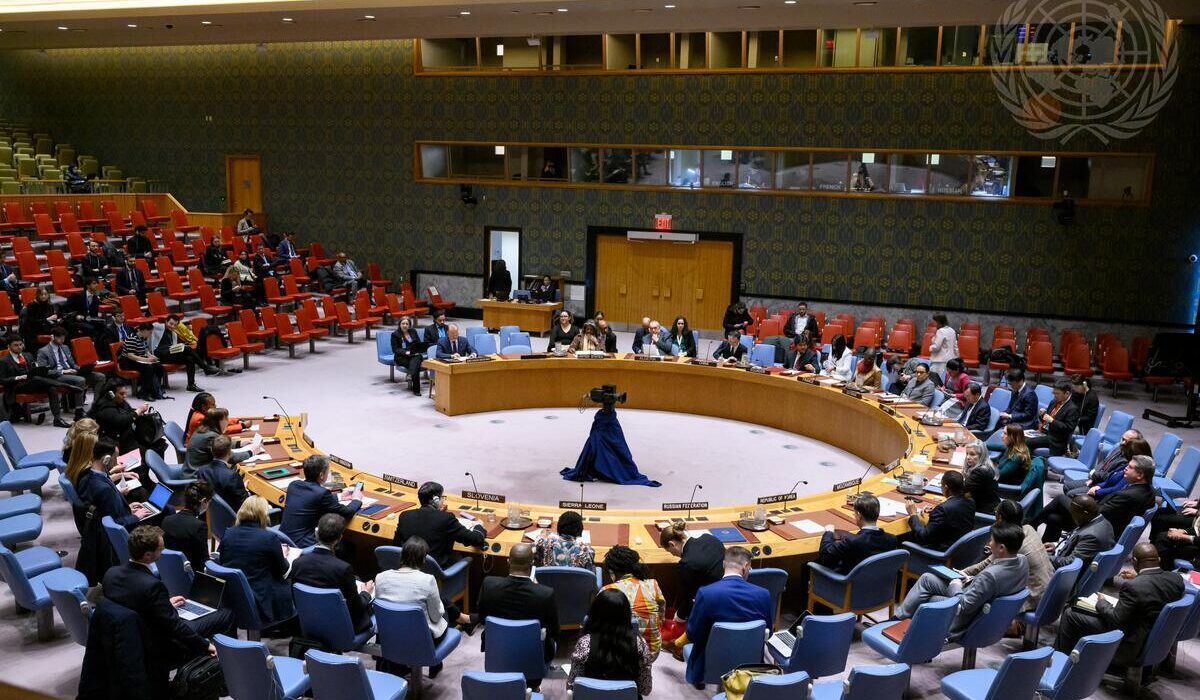The Taliban and the international community have each laid out three key demands in a new United Nations political initiative for Afghanistan, according to sources familiar with the talks. The yet-to-be-finalized plan gathers perspectives from both regional and Western actors and aims to chart a political path forward for the country after more than three years of Taliban rule.
The sources, including sources from within the UN, have told Amu TV that the international community has pressed the Taliban to meet three key conditions: the formation of an inclusive government, respect for human rights, and a clear commitment to combat terrorism.
According to the sources, in response, Taliban representatives have presented their own list of demands: the full lifting of international sanctions, control over Afghanistan’s diplomatic missions — including the country’s United Nations seat — and access to billions of dollars in frozen Afghan financial assets.
The UN-led process aims to consolidate regional and Western positions into a common roadmap for Afghanistan’s political future. However, sources said the Taliban’s demands remain rigid and non-negotiable, while the international community’s conditions are seen as broader and more open to interpretation.
“The Taliban’s demands are specific and irreversible, while the international community’s requests are general and reversible,” said Heather Barr, associate director of the Women’s Rights Division at Human Rights Watch. “This raises concerns that the Taliban could offer symbolic compliance without lasting reforms.”
Sources added that the three demands presented by the Taliban mirror their long-standing priorities over the past three and a half years, despite continued criticism from human rights groups and Western governments.
Taliban leaders have repeatedly rejected calls for inclusive governance and have intensified restrictions on civil liberties, particularly women’s rights, fueling skepticism over whether meaningful political concessions are possible.
The UN’s broader political framework draws on recommendations from an independent review led last year by Feridun Sinirlioğlu, which called for engagement with Afghanistan through conditional pathways, emphasizing governance reforms and human rights protections. Although the UN Security Council passed Resolution 2721 to support the process, progress has stalled amid disagreements over appointing a special envoy and the Taliban’s rejection of external oversight.
UN officials are now seeking to integrate the independent assessment into a new, comprehensive plan, but with persistent divisions between the Taliban, regional powers, and Western governments, the timeline for any breakthrough remains uncertain.
Critics argue that the Taliban’s rigid negotiating position leaves little room for compromise, even as Afghanistan faces deepening humanitarian and economic crises.
The UN plan can be found here.





